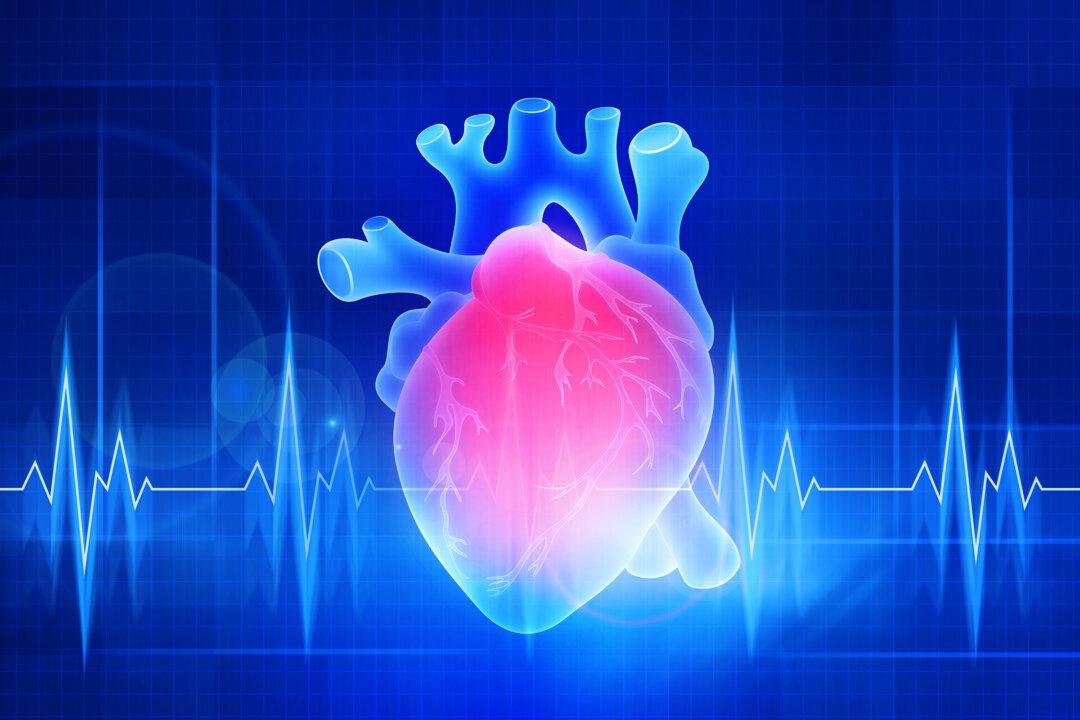As the sun’s scorching rays shower the country, the collective hum of air conditioners fills the air, offering a refreshing sanctuary from the relentless heat.
AC’s Impact on Air Quality
There seems to be no consensus on the effect that air conditioning (AC) has on indoor air quality, a basic component of good health. One study shows that AC can improve cardiovascular health by enhancing air quality. However, other research suggests that AC is linked to increased rates of sick building syndrome (SBS), acute discomfort, and health issues such as headaches, nausea, and fatigue compared to natural ventilation if not kept clean.The spread of pollutants through AC filters is also a concern, although newer AC systems often have advanced air filters to reduce exposure to respiratory irritants.
Double-Edged Sword of Artificial Cooling
Artificial cooling provides relief from excessive heat and safeguards against heat-related illnesses. But excessive use can impair natural immune responses.Constant cold air from AC enables pathogens to thrive, according to Dr. Angove. This causes what’s known in traditional Chinese medicine as cold wind invasion (CWI). Described as an aversion to wind and chill, the condition causes symptoms that include fever, aches, cough, and runny nose.
Historically, these symptoms appeared only in winter but now manifest in summer as well because of AC overuse. Proper ventilation mitigates that reaction, however, because cold air in conjunction with poor ventilation is what may cause symptoms of CWI, Dr. Angove said.
Is AC Noise Harming Your Health?
Noise also affects health, according to research by Arline Bronzaft, a renowned noise expert who holds a doctorate in environmental psychology.Modern technology and urbanization contribute to noise pollution.
Chronic noise forces the body to use extra energy to cope, impairing well-being, according to Ms. Bronzaft.
“Adapting to a situation is not advantageous for our health,” she said. “Instead, it will adversely affect the well-being of the body.”
AC’s Undisputed Health Benefits
Despite its downsides, AC has health benefits.“We shouldn’t worry about air conditioning being a trojan horse to our health,” Dr. Angove said.
- Temperature regulation. Avoiding extreme heat can prevent heat-related illnesses such as heatstroke and dehydration.
AC averts an average of 190,000 heat-related deaths per year, according to International Energy Agency estimates. Heatstroke, which can have life-altering consequences, is almost entirely mitigated by AC’s heat-reducing effects. - Allergy control. Some modern air conditioning systems come with filters that can remove allergens, dust, and airborne particles, improving indoor air quality and reducing allergy symptoms.
- Humidity control. Air conditioning can help reduce indoor humidity levels, inhibiting the growth of mold and mildew and helping people with respiratory conditions breathe easier.
- Improved sleep. A cooler indoor environment can contribute to better sleep quality, as excessively warm temperatures can disrupt sleep patterns.







